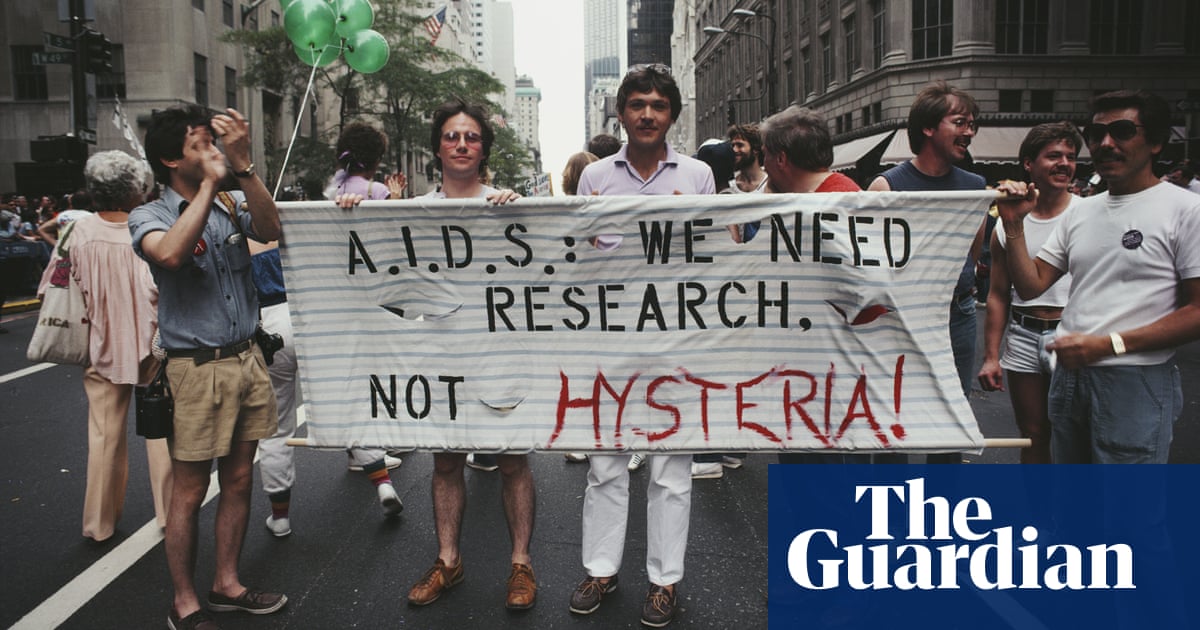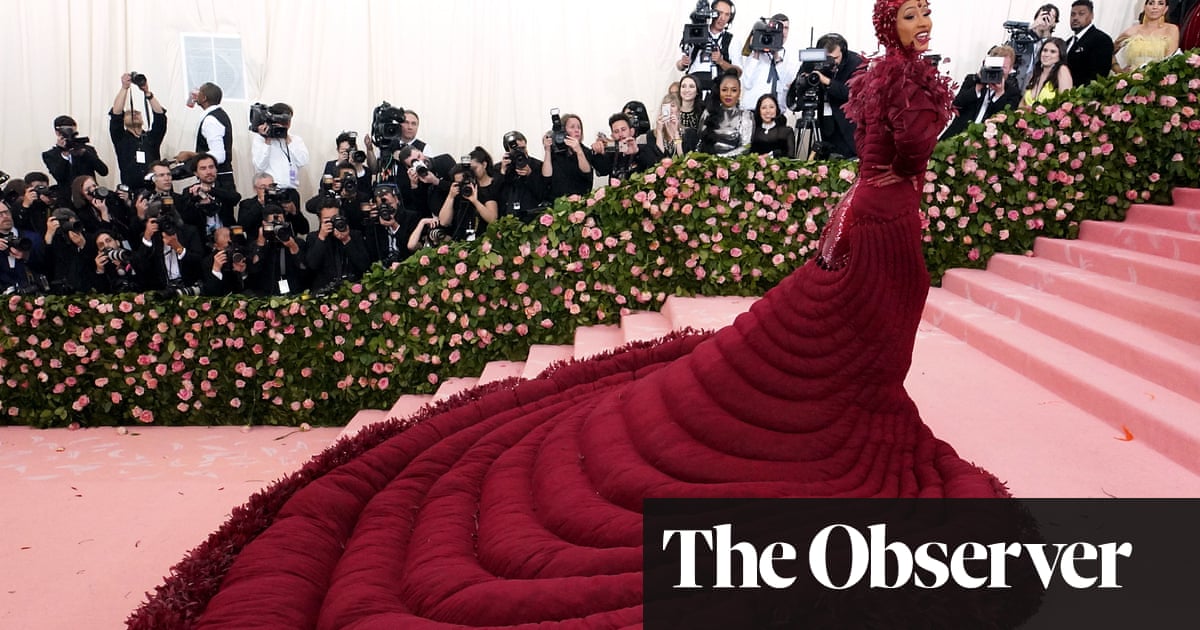
He is the toast of New York, of London – and of a small village called Llanddewi Rhydderch.
Just four months after Josh Wardle invented the wonderfully simple and soothing puzzle Wordle, he is a megastar in the world of games and is a great deal wealthier after the New York Times acquired his creation for a seven-figure sum.
But back in his home village in south-east Wales, which has a church, a chapel, an ancient yew tree and not much else, Wardle’s family expressed quiet joy at their son’s success, and also, perhaps, a little bemusement.
“We’re very proud but it won’t change him at all,” said his father, Christopher, a farmer. “He’s not interested in the money side of things. He just likes creating. This all got so big so quickly.”
His mother, Tessa, said: “I think this [selling the game] was the best way for him to manage things.”
Wardle, who left the UK to pursue a career as a software engineer and is now based in Brooklyn, invented the game during Covid lockdown to entertain his partner, Palak Shah. Wardle shared it with family members and, realising that it may be worthy of a wider release, unleashed it on the world in October.
While he had an inkling he was on to something, Wardle has made it clear he could never have imagined it would become so big – especially as he had originally created it for an audience of just one person.
In his statement on the sale, Wardle said it had been incredible to watch the game bring so much joy to so many. “I feel so grateful for the personal stories some of you have shared with me, from Wordle uniting distant family members, to provoking friendly rivalries, to supporting medical recoveries,” he said.
“On the flip side, I’d be lying if I said this hasn’t been overwhelming. After all, I am just one person, and it is important to me that, as Wordle grows, it continues to provide a great experience to everyone.”
Wardle is the youngest of three brothers. He lived in Llanddewi Rhydderch when he was a boy and the family farm cattle and sheep. They also have a lively sheepdog called Shep. The village is tranquil, with views of one of Wales’s most popular hills, Sugar Loaf, or Mynydd Pen-y-fâl. Llanddewi Rhydderch last received publicity for a curious reason when it emerged that the Pacific nation of Kiribati had an honorary consulate there.
Wardle attended King Henry VIII state school in Abergavenny, before studying media arts at Royal Holloway, University of London.
His father said he decided to head to the US to study at the University of Oregon partly because of his love of the sport Ultimate Frisbee. “He liked to plough his own furrow, to use a farming phrase.” After college Wardle began working for Reddit, working on collaborative social experiments.
There must be something in the water of Llanddewi Rhydderch. The writer Owen Sheers grew up there while Wardle’s brother, Tim, is a successful documentary maker. On his Twitter feed Tim Wardle described the news of the New York Times buyout as “big news in the Wordlesphere”.
He said it had been fun to see his brother’s game “blow up”, adding: “Ironically, he decided not to do all the things you’re supposed to do to make a viral hit – like allowing people to play for hours or putting a hyperlink in the sharing function. It works because it’s atypical.”
Wordle requires players to guess a five-letter word within six guesses, with grey, yellow and green coloured bricks used to indicate if guessed letters are part of the answer and whether they match the right place in the correct word.
Once solved, players are able to share their own results on social media via rows of the same coloured bricks but with the letters removed, so others can see how they did without having the puzzle ruined for them.
While the world debated the New York Times sale, at the farm in Llanddewi Rhydderch they were getting on with looking after their animals.
“Josh had no idea it would take off like this,” said his father. “I think it’s come as a bit of a shock. He’s a very private kind of person. I don’t think he likes the attention much.”
Jonathan Knight, the general manager for games at the New York Times Company, said the firm was thrilled to be adding Wordle to its portfolio and confirmed it had “no plans at this time” to change the game’s free-to-play nature, saying Wardle’s creation was “lightning in a bottle”.












